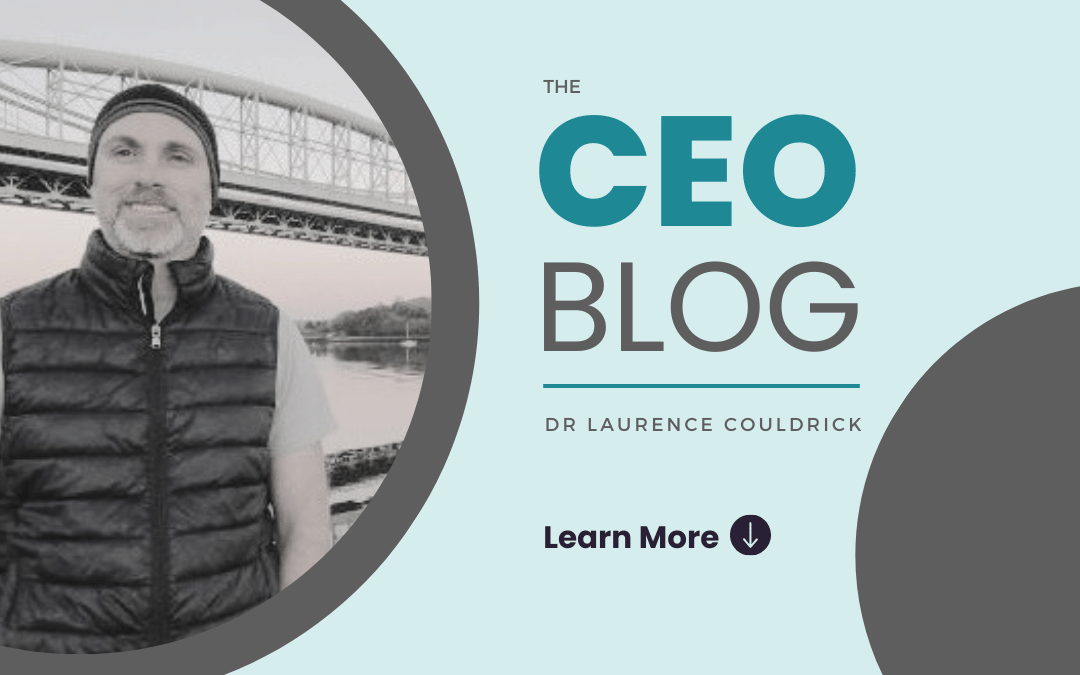As data indicates the doubling in hours in 2023 compared to 2022 of spills from Combined Sewage Overflows in England and Wales, in our CEO Dr Laurence Couldrick’s new blog he considers the challenges in choosing battles wisely at the Trust to achieve the best outcomes for freshwater environments.
As I write this, the South West is being hammered again by another bout of rain and with February being the wettest on record, March doesn’t feel like it’s far behind.
This type of climate change driven weather pattern plays obvious havoc with flooding on our rivers meaning the level of spills from Combined Sewage Overflows (CSO) go through the roof.
[See the latest Environment Agency Event Duration Monitoring data and The Rivers Trust article and State of Out Rivers report highlighting the CSO figures].
However, there are other changes that are less overt that are just as impactful but go overlooked. The warmer winters are also problematic and cause problems for several of the species in our rivers, with salmon being a classic example.
Higher water temperatures mean less oxygen dissolved in the water. Together with muddy flood waters smothering or washing out gravels the eggs that were deposited last November are at significant risk. Water temperatures above 12oC can cause 100% mortality, wiping out whole year groups.
The IUCN report published at the tail end of 2023 highlighted that nearly a quarter of the world’s freshwater fish are at risk of extinction. The main UK population of Atlantic salmon was reclassified as endangered while global Atlantic salmon populations were reclassified from least concern to near threatened. This is a real concern.
We have seen this coming for decades and have picked our battles carefully, whether it be removing the barriers to migration, trying to reduce the amount of soil and nutrients being lost from agriculture or highlighting the sewage discharging into our rivers. It is great seeing the increase in volume and diversity of voices that are angry about the state of our rivers, as well as the increase in regulatory enforcement effort, but is it too little, too late for salmon?
For all the localised successful battles we have fought, it is clear we are still losing the war.
At the Trust we will always fight to get the best river we can, but this has always taken a pragmatic defend/repair/attack approach, where individual river reaches are assessed.
Those that could provide great spawning grounds are proactively managed to maximise fry through river habitat works and increasing access, whereas those severely impacted by agriculture/sewage are targeted for work, pushing for more regulation and incentivising agricultural change.
Now more than ever is the time to decide together which battles we can win, and which battles we must let others fight on our behalf.
Alongside this, we need to look at the other side of the argument. How bad do natural fry returns based on river habitat conservation have to get before they mirror the opportunities from the growing interest in conservation aquaculture and what are the implications and efficacies of different methods?
The Trust is building projects and capacity to help shed further action in these areas alongside fighting the battles we can and will win.
We need your help to do this.
Find out how to Get Involved.
Sign up to our newsletter to read Laurence’s regular blog posts.



I can only agree Laurance. Strident shouting (we all know who) gets things on the agenda, but they are not always the right things and divert attention from action to fully understand the pressures on our rivers. Why, for example, does the agricultural sector get away so lightly? How do we get urban runoff taken more seriously?
Even the larger trusts, such as yours, can really only deliver pinprick improvements and we need wider partnerships – yes, inclluding the water companies – that will enable step changes at catchment scale.
Keep up the good work.
Geoff